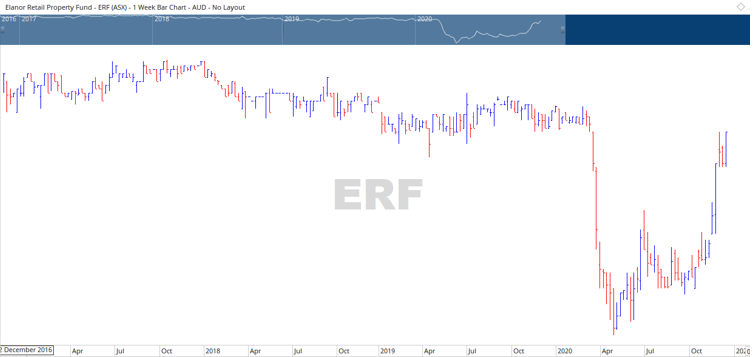COVID has changed the way we work and has impacted the real estate industry as this recent opinion piece in the Australian Financial Review reported.
“At the height of the pandemic, more than a million tenancy agreements, residential and commercial, were in negotiation, with rents forgone, reduced or in dispute.
The real estate managers handling negotiations had to deal with distressed tenants, cash-strapped owners, a new commonwealth government code, state regulations and the complexities of Job Keeper. And, because most managers are paid on a percentage of rent, their revenue was falling.”
And there is little in the way of argument to be offered here.
The change that retail and commercial property underwent this year was borderline historic.
COVID has accelerated trends in all industries, including property and I will show you what it could mean for the rest of the cycle and your investment portfolio.
We will examine one trend here in particular.
Those in the know call it the Proptech (Property technology) sector.
The pandemic has put a rocket under the Proptech industry.
Developers and landlords are demanding technology that keep their occupants as safe as possible.
Furthermore, a suite of software products built to track and assist with social distancing in a COVID world are being fast-tracked to meet this demand.
Highlighting just one of many in this space, is JourneyHub.
This is a COVID workplace management system designed to help retail and commercial landlords meet their government obligations to social distancing and the transition back to work within an office environment.
It is an all-in-one software and hardware solution which can monitor regulatory compliance, thermal imaging, lift management etc.
It can also scan a foyer and determine who is and isn’t wearing a PPE mask before they enter the workplace.
A great demonstration, if you ask me, of the type of disruption that has occurred right across every level of property around the world.
And a timely reminder of the benefit that knowledge of the 18.6-year Real Estate Cycle can give you.
The Property Sharemarket Economics (PSE) team study the 18.6-year Real Estate Cycle, 14 years up and 4 down with a mid-cycle recession interrupting the 14 years’ expansion.
And it is applying this knowledge against current events that points to where this disruption leads.
We can now see office workers returning to their normal work with a high level of assurance that measures have been taken to keep them safe.
While banks are seeing less mortgage and rent deferrals from commercial landlords.
Same for retail landlords.
The same measures to protect the health of workers and shoppers has seen an increase in foot traffic through the more traditional retail malls spread across the country.
We could track this as it happened thanks to monitoring the performance of related Real Estate Investment Trusts (REITS’s) listed on various stock exchanges around the world.

Source – Optuma
Eleanor retail property fund is a useful example. Since listing on the Australian Stock Exchange (ASX) in November 2016, it has held its value due to paying most of its earnings out as dividends.
The drop during the COVID lockdown is obvious, but so is the rebound; now almost back to pre-COVID levels.
Now, this is the important bit, you ready?
At first viewing you may think this is an underwhelming stock to own if you aren’t interested in dividends and want capital growth.
However, what happens to this chart in the near future is key.
We have already covered some reasons why the retail sector is rebounding.
More foot traffic, more assurances of public health risks thanks to Proptech solutions.
This will eventually flow through to earnings for this company.
Eventually, these gains will find themselves into the price of land. And REIT’s like Eleanor own a lot of land!
So, you would add a stock like this to a watchlist.
We already know the gains are manifesting, as you read this.
But there are key signals that we can look for which would indicate the price of this stock is about to be re-rated a lot higher than potentially it is now.
It allows smart investors to capture all the gains the re-opening of retail and traditional office space will afford companies exposed to it.
So you can start your education today by subscribing to the Boom Bust Bulletin.
The Boom Bust Bulletin is the starting point in understanding the 18.6-year Real Estate Cycle, why it repeats, and how you can look for potential investment opportunities.
The information this bulletin provides is 100% exclusive to Property Sharemarket Economics.
And it will cost you less than a single coffee per month which is great value.
Click HERE to find out more.
Best wishes

Darren J Wilson
and your Property Sharemarket Economics Team
P.S – Go to our Facebook Page and follow us for right up to date information on the 18.6-year Real Estate Cycle.


